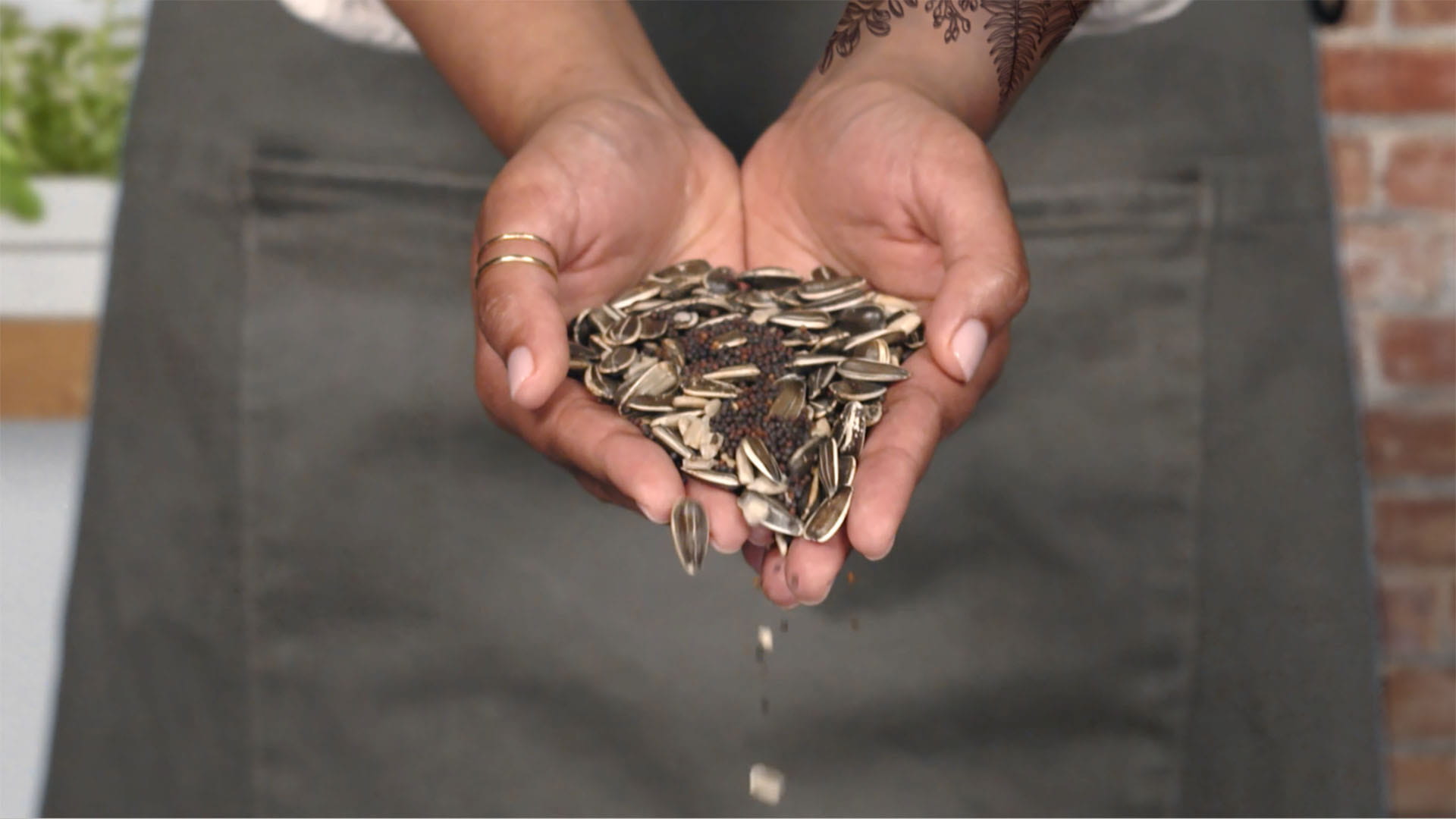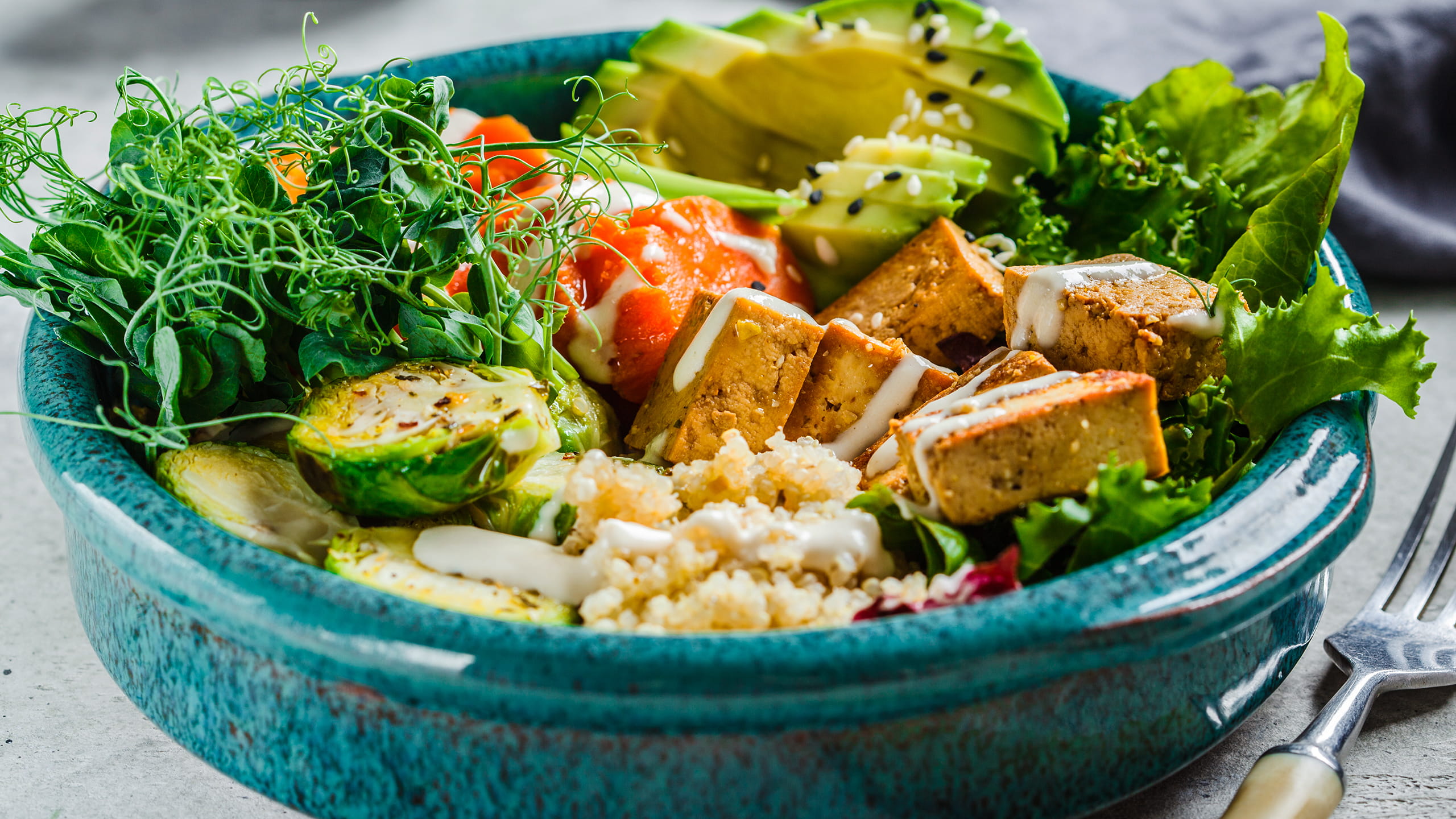Understanding the different types of fat
First, "bad" fats include saturated and trans fats. These can raise cholesterol. On the other hand, unsaturated (aka “good”) fats include the monounsaturated and polyunsaturated varieties. Sure, that’s a lot of vowels. Let’s trim down these good fats even more.
Good fats
What are the different types of good fats?
Monounsaturated fats
You’ll find monounsaturated fats in olive and canola oils, as well as avocados and some nuts. Here’s the deal: replacing saturated fats with polyunsaturated and monounsaturated fats from vegetable oils can help to lower blood cholesterol levels. That’s a good thing, because high cholesterol is a risk factor for heart disease.
Polyunsaturated fats
Our bodies need essential fatty acids for good nutrition. Some types of omega-3 polyunsaturated fats are essential. They’re mainly found in vegetable oils including canola, safflower, sunflower, corn, and soybean. Oily fish, some nuts and Becel®margarine also include them.
Bad fats
On the other hand, you have saturated and trans fats, often described as “bad” fats.
Saturated fats
Saturated fats are known to raise blood cholesterol levels and are found mostly in animal products including meat, whole milk, egg yolks, and other dairy products.
Trans fats
Trans fats are even worse. These also raise blood cholesterol levels and are found in meat and dairy products, including butter. Tip: look for products that have zero trans fat per serving (e.g. Becel® Original margarine).
How can you incorporate more good fats into your diet?
Start by taking a look at Canada’s Food Guide, which provides great examples for making healthy choices and limiting your intake of bad fats. Consider replacing saturated fats with polyunsaturated and monounsaturated fats from vegetable oils to help lower cholesterol. Switch things up by substituting Becel® for butter for an alternative with 80% less saturated fat, no trans fats and that’s a source of omega-3 polyunsaturated fat (it’s easy to do – just swap them 1:1 in any recipe). And remember that a healthy diet low in saturated and trans fats may reduce the risk of heart disease. Now you can really feel good about fats. Happy eating.




